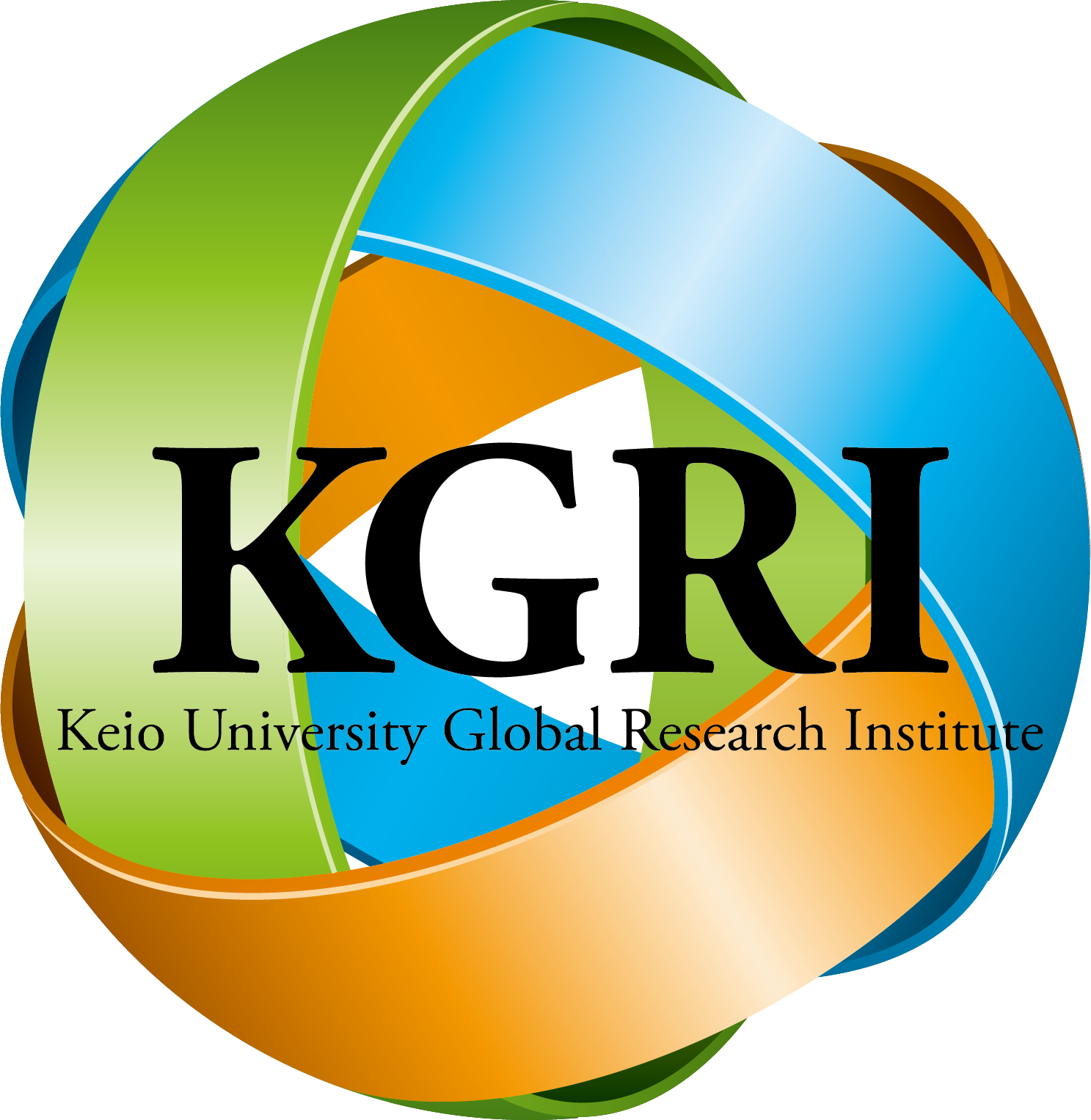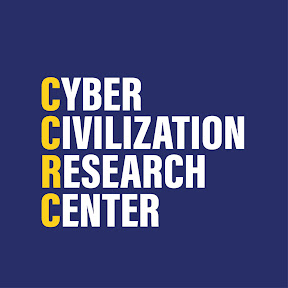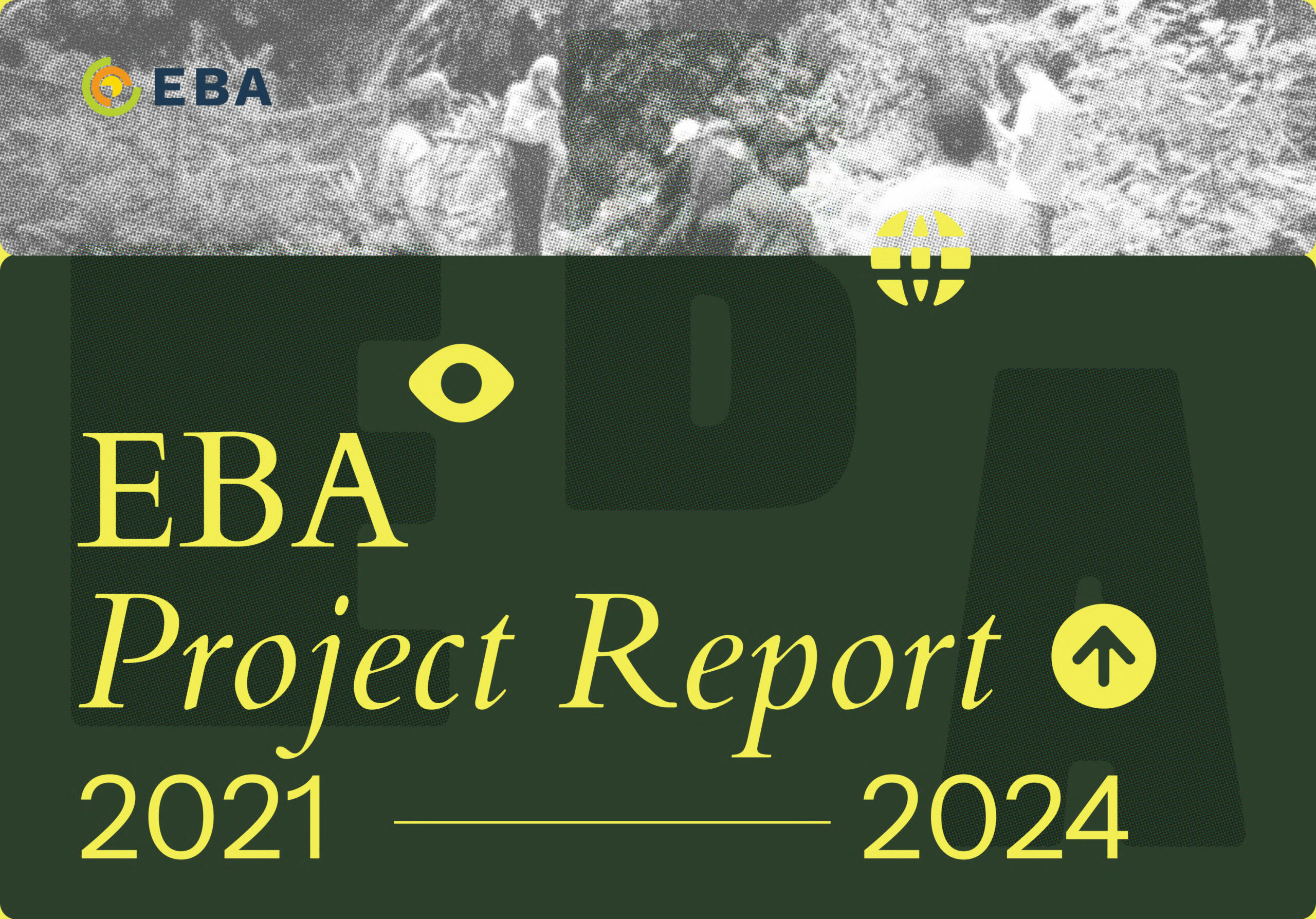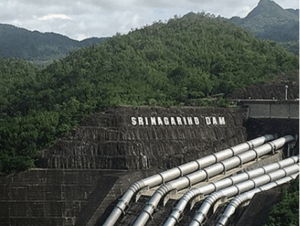EBA (Evidence Based Approach) to the Emergent Issues in Asia
Data collection – Data analysis – Storytelling
EBA (Evidence Based Approach) project aims to foster the Asia Pacific wide collaborative community among Universities for designing evidence-based resilient future society. Currently, EBA Project is working on creating an educational curriculum to foster leaders of tomorrow who are capable of identifying and tackling issues based on the evidence and analysis by collaboration with universities in the Asia Pacific Region.
About EBA
EBA project is the abbreviation for among Asia and Pacific university collaboration for Evidence Based Approach (EBA). The project offers a curriculum to foster human resources capable to identify and tackle issues based on the evidence and analysis. EBA member universities jointly design the EBA course curriculum and offer courses in their own expertise to the students of all member Universities.
EBA provides a digital communication platform where students in different countries can study together on daily basis. In cyberspace, students and faculty members of all partners interactively teach/learn/discuss each other to encourage region-wide collaborative problem-solving. The program also offers fieldworks and Internships in the region, to provide a variety of experiences in the study fields, meeting with people and society in Asia.
The Evidence Based Approach (EBA) Project Report 2021 – 2024 showcases four years of collaboration, innovation, and capacity-building across universities in the Asia-Pacific region.
This report covers activities from April 2021 to the end of 2024. It highlights stakeholder contributions: partner universities’ efforts, participants’ learning outcomes, interactions with local communities, and recent developments guiding the project’s future initiatives.
The EBA Project was created based on EBA Consortium, supported by the “Re-Inventing Japan Project” of the Ministry of Education, Culture, Sports, Science and Technology (MEXT) of Japan, from 2012 to 2017. Activity Report (AY2012-AY2016) is available here.
News
[NEW] 2026 EBA KRI Thailand Fieldwork – Call For Participation
-
Hosted by Chulalongkorn University, to be held in Thailand on June 11 – June 17.
[NEW] 2025 EBA Minamata Fieldwork – Call For Participation
-
Hosted by Keio University, to be held in Japan on July 30 – August 6.

KGRI: Keio University Global Research Institute

CCRC: Cyber Civilization Research Center
APRS: Asia Pacific Resilient Society
Member Universities and Partnership in Process
Timor-Leste
Organization
- UNESCO Multisectoral Regional Office for East Asia (partnership in progress)
EBA Program
EBA offers curriculum for students of EBA member universities.
Throughout EBA Curriculum, students will learn not only EBA skills and knowledge but build human networks in the region.
Key skills students will learn
-
Information Technology: Scientific analysis with evidence based approach
-
Social Innovation: Realizing the solution in the society with an innovative way
-
Expert Knowledge: Deep knowledge and problem finding ability
-
Global Collaboration Skill: Discuss across borders to find out the solution
-
Cultural Understanding and Actions in The Field
Courses
-
Online Program: Learn EBA
EBA member universities will offer various online courses for students. Students will expose to multiple universities’ knowledge, especially in four fields: data science, policy and governance, social innovation, and information technology.
-
Fieldwork Program: Practice EBA with peers in Asia and Pasific
EBA offers a real environment where students practice their knowledge learned from the EBA, collaborate with students from overseas universities.
-
Internship Program: Connect academic learning with society
EBA will provide opportunities for participation in internships domestic and overseas to develop one’s global careers using knowledge and experience in EBA.
Certificate of Achievement
Students who complete the course will receive a certificate of EBA completion. Through in EBA curricurum, the student will become a person who lead the society and address the issues in the region.
For more information about the EBA Project, or how to join the programs and courses, please contact the EBA faculty in your university:
Please note that EBA do not accept application from individual students without the acknowledgment of their school.
*Please change [at] to @ when sending an email.
CONTACT
Bangladesh
Bangladesh University of Engineering and Technology
EMAIL: eba-ra-group[at]keio.jp
Cambodia
Institute of Technology of Cambodia
Contact: Samnang Khiev
Department: IT Center
EMAIL: khsam.nang[at]itc.edu.kh
Indonesia
Brawijaya University
Contact: Achmad Basuki
Department: Faculty of Informatics Engineering
EMAIL: abazh[at]ub.ac.id
Hasanuddin University
Contact: Muhammad Niswar
Department: Faculty of Informatics
EMAIL: niswar[at]unhas.ac.id
Institute of Technology Bandung
Contact: Dianing Ratri
Department: Faculty of Art and Design
EMAIL: dianing.ratri[at]itb.ac.id
Sam Ratulangi University
Contact: Alwin Melkie Sambul
Department: ICT Support Unit
EMAIL: asambul[at]unsrat.ac.id
Syiah Kuala University
Contact: Rahmad Dawood
Department: Faculty of Engineering,
EMAIL: rahmad.dawood[at]unsyiah.ac.id
Japan
Keio University
Department: Keio University Global Research Institute
EMAIL: eba-ra-group@keio.jp
Malaysia
University of Malaya
Contact: Mas Sahidayana Mohktar
Department: Faculty of Engineering
EMAIL: mas_dayana[at]um.edu.my
Contact: Norrima Mokhtar
Department: Faculty of Engineering
EMAIL: norrimamokhtar[at]um.edu.my
University of Science Malaysia
Contact: Azleena Mohd Kassim
Department: Faculty of Computer Science
EMAIL: azleena.mk[at]usm.my
Myanmar
University of Computer Studies, Mandalay
Contact: May The Yu
Department: Faculty of Information Science
EMAIL: maytheyu[at]gmail.com
University of Computer Studies, Yangon
Contact: Si Si Mar Win
Department: Faculty of Computer Science
EMAIL: sisimarwin[at]ucsy.edu.mm
Contact: Mie Mie Khin
Position: Rector
EMAIL: miemiekhin[at]ucsy.edu.mm
Nepal
Institute of Engineering, Tribhuvan University
Contact: Sushant Chalise
Department: Center for Information Technology
EMAIL: sushant.chalise[at]pcampus.edu.np
Philippines
University of the Philippines Diliman
Department: Student Mobility OIL UP Diliman
EMAIL: oild_studentmobility.upd[at]up.edu.ph
Thailand
Chulalongkorn University (CHULA)
Contact: Natt Leelawat
Department: Faculty of Engineering
Email address: international.affairs.eng[at]chula.ac.th
Timor-Leste
National University of East Timor
EMAIL: eba-ra-group@keio.jp
Vietnam
Hanoi University of Science and Technology
Contact: Nguyen Binh Minh, Dao Thanh Chung
Department: Fintech Center
EMAIL: minh.nguyenbinh[at]hust.edu.vn
Vietnam Japan University, Hanoi
Contact: Thanh Tien Pham
EMAIL: pt.thanh[at]vju.ac.vn
INQUIRY
Head Office
Keio University Global Research Institute (KGRI)
2-15-45Mita, Minato-ku, Tokyo, 108-8345, Japan





